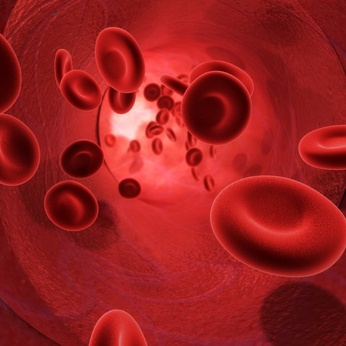Houston: The steroid hormone, dehydroepiandrosterone, commonly known as DHEA, does protect against the risk of cardiovascular events in men, according to a new Swedish study.
The Endocrine Society’s 94th Annual Meeting held in Houston heard about the protective effect of higher levels DHEA.
The hormone which is produced by the adrenal glands, acts a precursor to the hormones estradiol and testosterone. Previouslysome research findings have suggested an association between increased DHEA levels and a reduction in heart disease, but the majority of the studies involving DHEA have been small and results have not always been conclusive.
In Sweden Åsa Tivesten, MD, PhD of the University of Gothenburg i and colleagues analysed data from 2,416 men between the ages of 69 and 81 years enrolled in the Osteoporotic Fractures in Men Sweden study, designed to evaluate risk factors for several diseases. Blood samples obtained upon enrollment were analyzed for DHEA and DHEA sulfate (DHEA-S)–the sulfate ester of DHEA which is the form of the hormone that occurs predominantly in the blood.
Over a five year follow-up period, 485 cases of fatal or nonfatal cardiovascular events were documented. Having a higher serum DHEA was associated with a lower risk of cardiovascular events, as was having a higher level of DHEA-S. Men whose DHEA-S was among the lowest one-fourth participants had a 25 percent higher risk of events compared to the rest of the subjects, and those whose levels of both DHEA and DHEA-S were among the lowest fourth had a 34 percent higher risk of any major cardiovascular event, and a 41 percent higher risk of a cerebrovascular event compared to the remainder of the group.
Dr Tivesten, an associate professor said: “Our findings may be the result of DHEA-S being protective, or that lower DHEA-S level is a marker for poor general health.’
She added that more research is needed to understand underlying mechanisms and to evaluate the potential benefits of hormone replacement.
“We cannot say that DHEA-S is protective because we have only studied an association,” she added. “A potential practical implication is that established cardiovascular risk factors perhaps should be assessed and treated more aggressively in men with lower DHEA-S levels. However, this must be evaluated in future studies; today, DHEA-S level is not part of cardiovascular-risk assessment.”
Want to know more about the health benefits of DHEA click here


